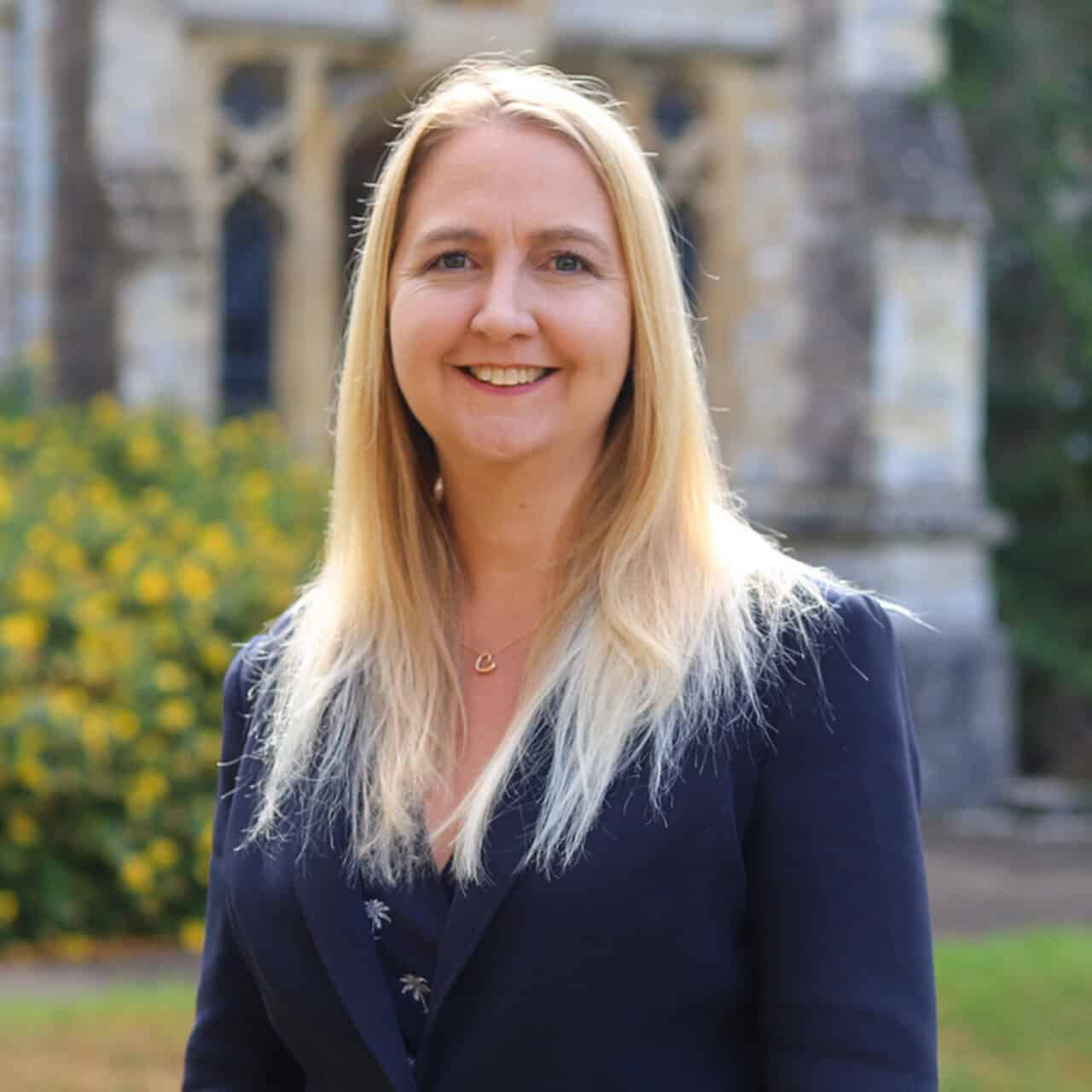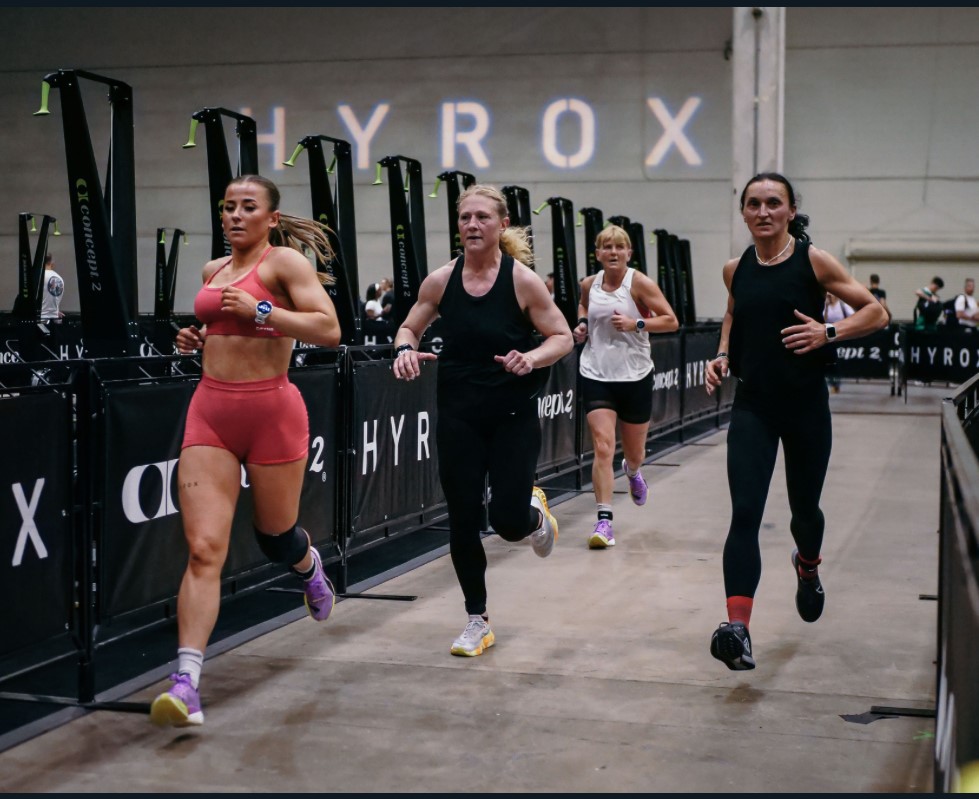Students climb ESPORTS rankings following success of University’s innovative new degree
Students on the University of Chichester’s innovative esports degree – that combines competitive game play with sports science, event production and business – are competing individually and in team-based games against players from other higher education institutions.
Aaron Kelly (below) capped a remarkable first semester for Chichester by making the National Student Esports FIFA winter finals in Nottingham.
The qualifiers for the event began in October with 120 competitors or so split across Xbox and PlayStation4 consoles.
“I had to get through four weeks of qualifying stages to make it to the top eight groups. I managed to finish second in my group and had to play the top seed in the other group. That win sent me through to the live finals,” said Aaron.
He added: “To get to the finals was unbelievable. It was the first live tournament I’d ever got through to. It was exciting going out on stage. I was trying to stay as calm as I could. The energy inside me was just jumping up and down. I was thinking, ‘This is the first time you’ve done this, you’ve got to do well, you’ve got to do well’ and then ‘What if this goes bad? What if this happens?’”
Aaron lost to a player from Newcastle in the semis but went on to win the third-fourth play-off.
The esports degree is led by Ramesh Singh, top left, known to most people as Rams: a former professional gamer and European champion who has spent over 20 years in the esports industry as a player, coach, manager, event host, presenter, and commentator.
He said: “We’re so happy for Aaron. The two guys in the actual final were Xbox players and Aaron is a PlayStation4 player, so technically Aaron is the top ranked university PS4 player in the country at present.”
Rams has clearly enjoyed his first semester as programme coordinator: “It’s been grand to be fair. It’s the first course to focus on what I’ve done for two decades. The esports students have been amazing. It’s been fun working with them. The students have taken on the challenges we’ve set them. They’ve worked hard. They’ve organised themselves into the Chi Challengers team and taken on various initiatives.
“They’ve competed against other universities in the NSE and National University Esports League (NUEL) winter season. We’ve had teams in League of Legends, CS:GO, FIFA, Call of Duty and Magic: The Gathering. It’s been great for them. Our CS team finished top twenty which is a monumental achievement in our first ever semester. Magic are in the top 32 and they continue into the spring season. And we’re looking to get Overwatch and Siege. What they’ve all done is phenomenal. Credit to them.”
Brandon Smith, above, who lectures with Rams, is a FIFA esports commentator as well. He travels around the world commentating on some of the biggest FIFA events with players competing for up to $250,000 prize money. He was part of the commentary team for an event at the O2 Arena this year which was broadcast on Sky Sports and has worked with other broadcasters such as ESPN on FIFA events.
Brandon said: “The thing I love about this degree that’s quite revolutionary in academia is that it’s a degree that you can’t teach from out of a book – you have to teach it from the industry. Chichester realised that esports had to be taught by people with first-hand experience and they are the only university so far that have been able to use this esports industry experience to change the way that education moves forward in this area.
“There will always be doubters because people will say that the students are just playing games all day. That’s not the case at all. We’re teaching the esports students such a diverse range of skills from marketing and business, to journalism, broadcasting and casting, which is an angle I bring to the degree. It’s a three-year degree made up of so many modules that will really give students a taste of everything they want within the world of esports.
“There are so many opportunities in the esports sector. I feel that over time more universities will be doing esports and it’s great that we’re in first to shape esports in higher education. It’s a rapidly growing phenomenon. Tournaments take place all over the globe and esports are set to feature in the Olympic games.”
The esports degree is delivered at the University’s £35m Tech Park on its Bognor Regis campus.
“It’s a fantastic building” said Brandon. “I feel very lucky that we’ve got such amazing facilities with the opportunity to work alongside some of the other degrees in the Creative and Digital Technologies department whether that’s film production, sports media or games design.
“We’ve got our own gaming centre kitted out with all the esports students need. It’s a special time that’s been an eye-opening experience for me. I’ve enjoyed the ride with our fantastic students. Their passion for esports is amazing.”
Garreth Read, one of the first year esports students and a League of Legends gamer said, “I’m really enjoying the course and I’m excited about learning more. Rams and Brandon have been very good with us through this first semester. They’ve always been there when we’ve needed help.
“I knew they did courses like this in America but when I found out there was an esports course at Chichester I sent in my application straight away. I’m really glad I managed to get on it. I’ve learned a lot that I didn’t know before. It’s really good that we’re taught by people that have had first-hand experience of the industry. Rams has been in the industry since the beginning and knows about all its aspects. It’s definitely beneficial for us.”
Looking forward to next semester, Rams said: “We’re going to build on the skills development side of the degree. We’ve got more speakers from the industry coming in and we’re going to work with the students with colleagues in the university’s Institute of Sport on research projects and sports science.”
One of those colleagues is Dr Phil Birch, a senior lecturer in sport and exercise psychology and the co-author of a groundbreaking study into the psychological aspects of competing at a high level in esports and the various stressors faced by esports competitors and the associated coping strategies.
He said: “Esports is a rapidly expanding area. One thing the lay person might not realise is how many parallels there are with ‘traditional’ sports. When you start comparing esports to football and rugby the same principles are there and something I’m interested in is the performance psychology of that. If we want to get our esports athletes to play at their optimum and also be healthy while doing that we really need some research to underpin how performance is impacted by certain things.”
His esports study has been covered by more than 80 media outlets throughout the world.
Phil added: “Moving forward the implication is trying to understand how to optimise performance in esports athletes, how to optimise their well-being and through this initial study we can actually begin to start to look at how we can intervene to help these athletes.
“The first study was predominantly psychology based but what we want to move on to next is potentially a psychophysiological study looking at the stress from a mind-set point of view and the physical components of stress as well.
“We are going to team up with individuals from the University of Chichester’s esports degree and others in the Institute of Sport to bring our expertise together to hopefully provide more information to the industry.
“Next semester myself, Dave Bright and Professor Iain Greenlees will be teaching esports students with regards to psychology and next year Dr Andy West and John Kelly will be teaching the more physical components of esports. So we’re looking at different elements of the sports science of esports.
“If we can engage the students we can better understand esports. The most important thing for me is that we need more research to underpin teaching and we need more research to underpin practice. If these athletes coming out of our degree are going to be coaches they need evidence to underpin their practice and if we want to teach them better we need evidence to do that as well.”
For more about the new BA (Hons) in esports at the University of Chichester go to www.chi.ac.uk/cdt.
Photos by third year BA (Hons) sports media student Jordan Colborne, as well as photographers Katy Eyre and Marcel Garabowski. Above image copyright of ESL.





